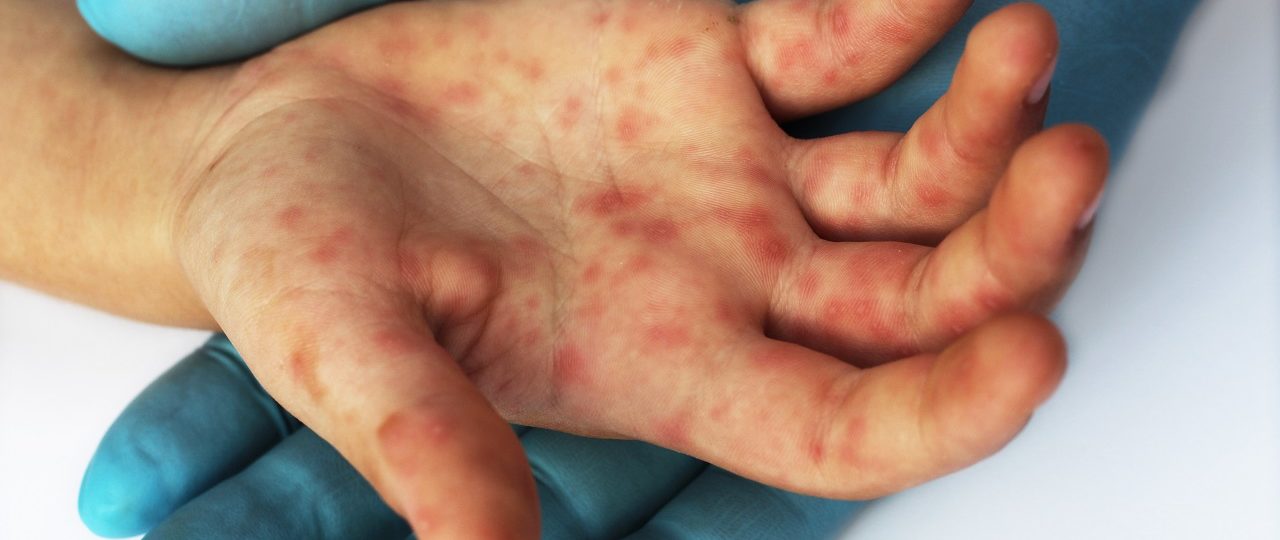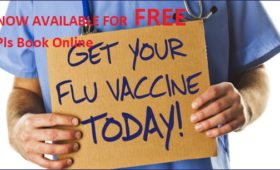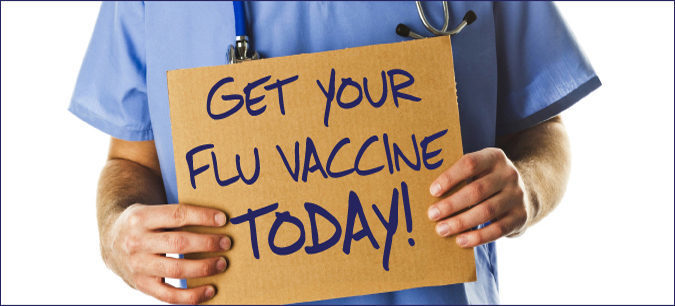Updated on 5 April 2019
Latest Update. In light of current outbreak, we will be extending our opening hours to allow anyone who has a need to be vaccinated outside of normal working hours. Please refer to our “Book Measles Vaccination Online ‘ page to schedule your appointment.
Due to the huge volume phone calls we get, we would appreciate that you read the information below before calling us. You may find useful answers to your questions.
Since 5 April, 2019 there have been 38 confirmed cases of Measles in Canterbury. (plus 1 from a Melbourne flight of a different serotype). The Canterbury District Health Board (CDHB) advises the following for the priority Groups
PRIORITY 1: Children aged 12 months to 13 years who have NEVER been vaccinated
PRIORITY 2: Children and adults aged 14 years to 28 years who have NEVER been vaccinated
PRIORITY 3: Ring-fencing children who cannot be vaccinated, such as the very young or for whom vaccination is contra-indicated.
PRIORITY 4: Continue with the routine immunisation programme
PRIORITY 5: Occupational groups aged under 50 who have close contact with children such as EEC, Primary and secondary school teachers, residential care managers, healthcare workers etc, who have NEVER been vaccinated
What is Measles?
Measles is a serious and highly contagious disease which typically hospitalises 10% of people who catch it. Up to 30% can develop complications – usually children under 5 and adults over 20 years. Measles during pregnancy increases the risk of miscarriage, premature labour and low birth weight in babies. It is spread through droplets in the air and through contact so that anyone unprotected who has been in the same room as someone with measles will likely get it
What are the symptoms?
- dry cough, runny nose, headache
- temperature over 38.5 degC and feeling very unwell
- a red, blotchy rash starts on day 4-5 of the illness, usually on the face and moving to the chest and arms
More information can be found on https://www.health.govt.nz/your-health/conditions-and-treatments/diseases-and-illnesses/measles
Vaccination
The best way to prevent Measles is vaccination. 2 doses of the MMR (measles, mumps and rubella) vaccine is the most effective protection.
Only 2 groups of people are considered fully protected:
- People who have had 2 MMR vaccinations, which is usually given to children at 15 months and at 4 years (since 1992); and
- people born before 1969 who will have been exposed to the disease and acquired immunity
People vaccinated between 1969 and 1992 (27 – 50 years old) will have had a less effective vaccine and the CDHB advises they contact their GP practice to get a booster MMR vaccination.
Babies with a mother who is immune will have some protection if they are currently being breastfed. For children who are too young to have had both MMRs, or who cannot for other reasons, the best way to protect them is to ensure everyone around them is vaccinated. Babies aged 6-12 months who are travelling overseas can have an MMR, but they will need to have 2 doses after they turn 12 months.
All children in Canterbury should bring forward their first MMR vaccination to 12 months, instead of the usual 15 months.
Pregant women cannot have the MMR vaccine. Breastfeeding women can.
Cost of MMR Vaccine
The MMR vaccine is free for everyone under 18 years. For 18 years and over, it is free if you are eligible for government subsidies, otherwise it costs $45.
What if I think I have the Measles?
People with Measles are NOT to go to the medical practice or the hospital as this helps spread the virus. Please contact us first for advice on 03 359 4549.





